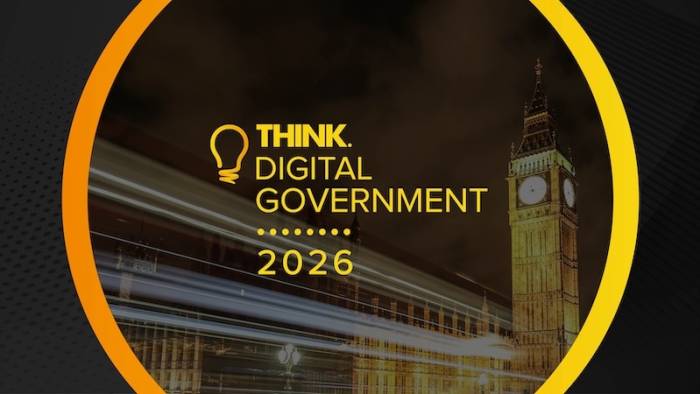Improving services and driving value will not be possible if governments do not effectively manage their citizens’ data – both personal data and data gathered from interactions with the public.
That is the message from OpenText, which recently hosted a panel of digital government leaders from EMEA public sector organisations to discuss their digital journeys.

The enterprise information management software vendor said that to deliver a complete and “delightful” citizen experience, the public sector has to start from the back office.
“Essentially, public sector organisations cannot connect technology which offers a great user experience with a poor service delivery vehicle, and call it a modernised citizen experience,” said Brian Chidester, head of worldwide industry strategy, public sector, OpenText.
“Instead, intelligent use of data is at the core of creating better services and delivering efficient, omnichannel engagements in a cost-effective way. This means starting with information governance and record management: if the public sector cannot rely upon the information it is using, then it’s all for nothing.”
Chidester noted the public sector has undergone huge changes during the pandemic, including the acceleration of digitalisation. This forced public sector bodies, which can be more cautious about embracing change, to adopt digital technologies in a matter of weeks.
“Staff previously reliant on face-to-face meetings and paper print-outs switched to virtual meetings and digital agendas almost overnight. As we consider the post-pandemic future, public sector organisations will need to consider how to sustain that digital transformation momentum. This will involve making strong, strategic decisions for the future in order to meet the increased expectations of both staff and citizens when it comes to digital experience.”
Disparate information
However, one challenge is that the public sector works with a lot of disparate information, from ID and tax payments through to citizen account records, which must all be unified.
If you liked this content…
“Various systems have to be able to speak to each other seamlessly, connecting the dots between data for an individual as a first step to creating that smooth experience,” said Chidester. “This is necessary if, for example, a citizen is going to be able to log in once to access everything they need, from planning permission forms to ordering a new recycling bin. Automation is key to creating a seamless experience but will have limited benefits if interoperability has not already been considered.
Put simply, data must make these interactions smarter, he said.
“Governments are going to be able to understand their citizens on a deeper level and deliver complimentary services at the point of engagement, based on constituents’ data. However, it is important to understand that it isn’t the data itself that is useful. It is the information or insight which can be gleaned from that data. As a result, another part of the conversation will ultimately be around how to leverage both structured and unstructured data, combining both to get one holistic view and then turning that data into insightful information.”
Isolated disciplines

Chidester also said that after the pandemic, the public sector will need to focus on digital experience that brings together previously isolated disciplines – specifically, customer experience, employee experience and user experience.
“By considering the technology which supports these disciplines more holistically – from the back office to external engagement with citizens and staff – organisations can unlock what I call the ‘government experience algorithm’”, he said.
“It’s all about driving more value for both staff and citizens through a more holistic view at how technology impacts and improves their entire experience.”
Finally he said it is really important not to confuse user experience with citizen experience. User experience is about the look and feel of a service, and what it feels like to interact with that particular service.
“Comparatively, generating a great citizen experience is much more than this surface level experience. It starts from the back office and extends outwards to support employees, free up their bandwidth and ultimately, ensure they can deliver great service to citizens.”











